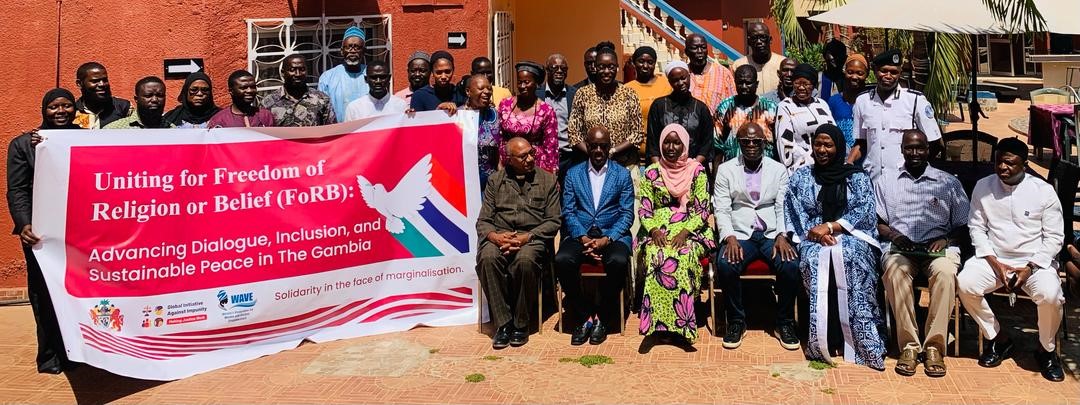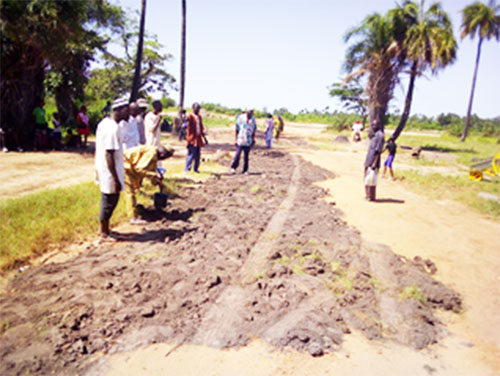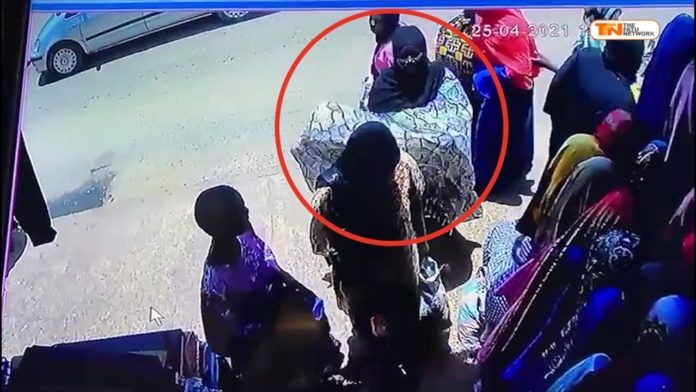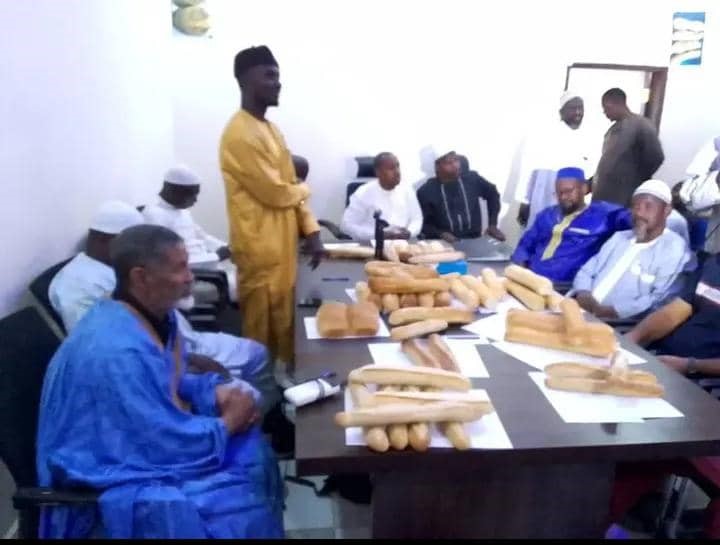By Isatou Sarr
A national seminar held on Monday, April 14, 2025, has brought renewed focus to religious freedom and the rights of minority faith communities in The Gambia, with civil society groups and government officials calling for action to implement the recommendations of the Truth, Reconciliation, and Reparations Commission (TRRC).
Organised by the Women’s Association for Victims’ Empowerment (WAVE-Gambia) in partnership with the African Center for Parliamentary Affairs (ACEPA), the seminar was held under the theme: “Uniting for Freedom of Religion or Belief: Advancing Dialogue, Inclusion, and Sustainable Peace in The Gambia.”
The event highlighted religious intolerance under the former regime and stressed the importance of preserving The Gambia’s longstanding tradition of religious coexistence.
Priscilla Yagu Ciesay, Esq., Co-Founder of WAVE-Gambia, underscored the urgency of protecting Freedom of Religion or Belief (FoRB) as a constitutional right. “This seminar is not just a conversation; it is a call for collaboration. Together, we can ensure that religious freedom becomes not only a constitutional guarantee but a lived reality for every individual in The Gambia,” she said.
Ciesay described how violations of FoRB had led to the exclusion and persecution of groups such as the Ahmadiyya Muslim Jamaat, Shia Muslims, and the Ndigal Sect. “Religious freedom is the foundation of human dignity and peaceful coexistence. When it is denied, deep societal divides follow.”
Dr. Rashid Draman, Executive Director of ACEPA, shared the importance of linking parliamentary engagement with communities to build sustainable peace. He said his organisation has been working with the National Assembly to improve outreach and accountability on transitional justice matters.
Saffiatou Nyang from the Ministry of Justice highlighted a key milestone: the swearing-in of commissioners for the Victims Reparations Commission by the President on April 11, marking what she called “a significant step forward” in delivering justice. She also reaffirmed the government’s political will to address past abuses and protect religious minorities.
“As we reflect on the findings of the TRRC, we are reminded that injustice wears many faces. No peace can endure if any group is denied the freedom to believe and live with dignity,” Nyang stated.
The seminar concluded with a united call for stronger legislation, public education, and collaboration to uphold religious rights as a pillar of national unity and healing.





